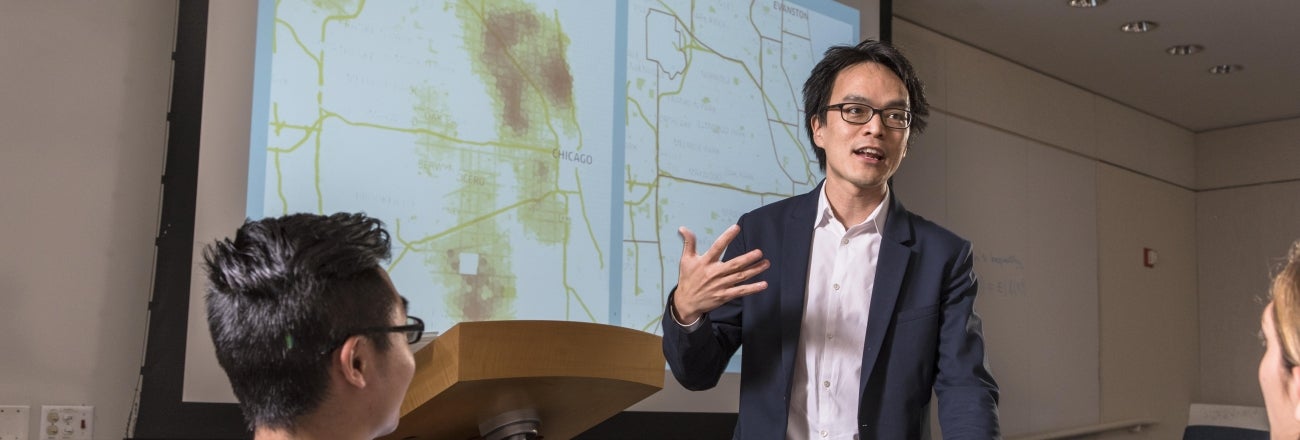
Sebastian Edwards
Henry Ford II Chair in International Management


Sebastian Edwards
Henry Ford II Chair in International Management

Christopher S. Tang
Edward W. Carter Chair in Business Administration
Felipe Caro
Bing (’86) and Alice Liu Yang Endowed Term Chair in Management

Mariko Sakakibara
Sanford and Betty Sigoloff Chair in Corporate Renewal

Kati Suominen
Lecturer in Global Economics and Management

Romain Wacziarg
Hans Hufschmid Chair in Management and Professor of Economics

Shi Zhang
Associate Professor of Marketing

Terry Kramer
Adjunct Professor of Decisions, Operations and Technology Management

Henry Friedman
Associate Professor of Accounting
Valentin Haddad
Associate Professor of Finance
Specialization in Global Management
The Specialization is offered to students in the full-time and fully employed MBA programs, and Certificate is available to students in the executive MBA program.